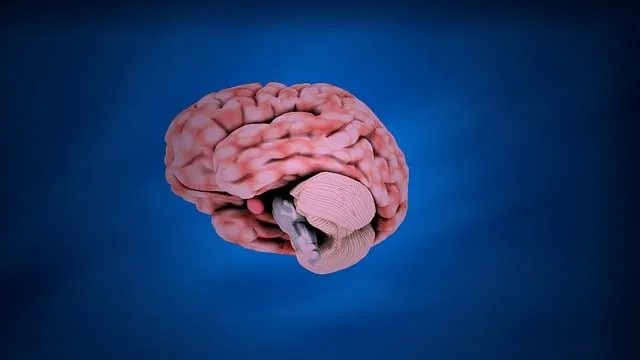Kaiser Permanente Wheat Ridge employs advanced data analysis techniques, integrating statistical methods and machine learning, to understand diverse mental health challenges across their patient population. By segmenting data based on demographics, diagnoses, and treatments, they identify at-risk groups and track intervention effectiveness. This approach informs policy analysis, advocates for equitable access to care, and fosters cultural competency training. Detailed data analysis guides tailored care strategies and policies, ensuring that mental health services meet the unique needs of Wheat Ridge's community.
Mental health data analysis plays a pivotal role in understanding and addressing the complex needs of individuals seeking care at institutions like Kaiser in Wheat Ridge. This article explores how comprehensive data collection, coupled with advanced analysis techniques, can reveal meaningful insights and trends. We delve into the unique challenges of gathering sensitive mental health data and highlight effective strategies used by Kaiser to interpret these data, ultimately informing care delivery and policy decisions for improved patient outcomes in Wheat Ridge and beyond.
- Understanding Mental Health Data: Collection and Challenges
- Analysis Techniques for Insights and Trends
- Interpreting Data: Informing Care and Policy Decisions at Kaiser in Wheat Ridge
Understanding Mental Health Data: Collection and Challenges

Understanding Mental Health Data involves navigating a complex landscape where accurate collection and interpretation are paramount. Kaiser Permanente Wheat Ridge offers a range of mental health services, but gathering meaningful data presents unique challenges. This includes ensuring patient privacy while collecting comprehensive information on conditions like depression, anxiety, and PTSD. The diversity of symptoms and their manifestation across different demographics adds complexity, requiring nuanced analysis tools.
Moreover, integrating alternative therapeutic approaches such as Mindfulness Meditation and Compassion Cultivation Practices into data collection methods can provide deeper insights. Additionally, mental health professionals must consider the importance of regular risk assessments to predict and mitigate potential issues. Efficient data management practices are crucial to unearth trends and patterns, ultimately guiding evidence-based interventions and enhancing patient care at Kaiser Permanente Wheat Ridge.
Analysis Techniques for Insights and Trends

In the realm of mental health data analysis, various techniques are employed to uncover valuable insights and identify trends within complex datasets. Kaiser Permanente, with its extensive healthcare network, including facilities in Wheat Ridge, utilizes advanced statistical methods and machine learning algorithms to interpret large-scale patient information. This process involves segmenting data based on demographics, diagnoses, and treatment outcomes, enabling a nuanced understanding of mental health challenges across different populations.
By leveraging these techniques, Kaiser can identify at-risk groups, track the effectiveness of interventions, and inform Mental Health Policy Analysis and Advocacy efforts. Moreover, addressing Cultural Competency Training within mental healthcare becomes more strategic, as data reveals cultural disparities in treatment outcomes. Such insights are pivotal for improving services, ensuring equitable access to care, and fostering Mental Health Awareness, ultimately benefiting patients across the organization’s diverse patient base.
Interpreting Data: Informing Care and Policy Decisions at Kaiser in Wheat Ridge

At Kaiser Permanente in Wheat Ridge, mental health data analysis plays a pivotal role in informing care strategies and policy decisions. By meticulously interpreting trends and patterns within the patient population, healthcare providers can identify areas of need, tailor interventions, and optimize resource allocation. This evidence-based approach ensures that the services offered align with the unique mental health challenges faced by the community, including depression prevention and empathy building strategies.
The comprehensive analysis goes beyond individual patient cases, contributing to a broader Mental Health Policy Analysis and Advocacy framework. Data insights can drive policy changes, shaping initiatives aimed at improving access to care, enhancing service delivery models, and promoting mental wellness in the Wheat Ridge community and beyond. This holistic view not only benefits current patients but also paves the way for proactive measures, addressing emerging mental health concerns and ensuring a more resilient and supportive environment.
Mental health data analysis is a powerful tool for understanding and improving patient care. As discussed, Kaiser in Wheat Ridge utilizes advanced techniques to interpret mental health data, enabling informed decisions that enhance their services. By overcoming collection challenges and employing diverse analysis methods, they can uncover trends and insights crucial for shaping policy and improving patient outcomes. This approach underscores the importance of data-driven strategies in revolutionizing mental healthcare. With the right tools and perspectives, institutions like Kaiser can ensure comprehensive and effective support for individuals seeking mental health services in Wheat Ridge and beyond.






